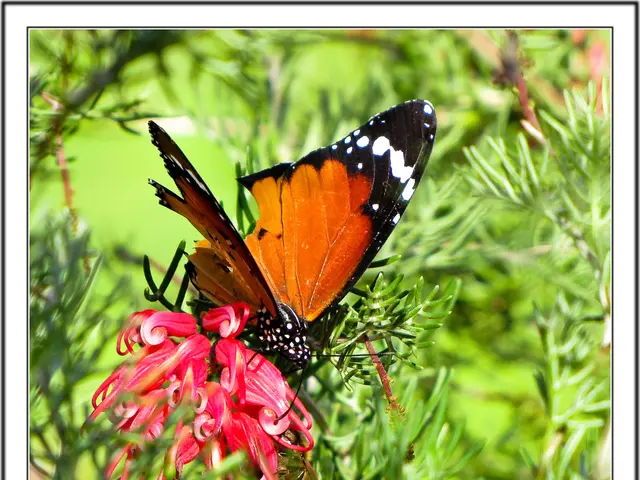Germany's Exhibition Industry Embracing Sustainability in 2025
The exhibition industry in Germany, booming with 380 events and 11.7 million visitors in 2024, is set to embrace sustainability. The University of Osnabrück, backed by the German Federal Environmental Foundation (DBU) with around 150,000 euros, is leading a project aiming to create a model for a more sustainable exhibition industry.
Prof. Dr. Kim Werner and Prof. Dr. Kai-Michael Griese are heading this DBU-funded project, which seeks affordable sustainable stand elements and circular exhibition concepts. The project, financially supported by NBank under the 'Circular Economy' focus in 2025, aims to inspire businesses and visitors with sustainable practices.
Alexander Bonde, Secretary General of DBU, views the circular economy as a win-win for businesses and the environment. The project faces obstacles like established procedures, lack of time, and affordability concerns but strives to develop ideas for circular exhibition stands and a sustainable industry.
The University of Osnabrück, collaborating with industry partners like AUMA and IMB: Troschke, is committed to transforming the exhibition industry. With around 180,000 exhibiting companies, the potential impact of sustainable practices is significant. The project's success could pave the way for a greener, more efficient exhibition industry in Germany.
Read also:
- Greece Battles Third Heatwave This Week, Temperatures Soar to 43°C
- Maximizing LEED Green Associate points for new construction projects to attain LEED Neighborhood Development Platinum certification in the United States Green Building Council (USGBC)
- Application solicitations for PhD in Law at DAU School of Law for the academic year 2025-26 are now open
- Must-see eco-friendly exhibitions to check out this summer in London for nature enthusiasts








